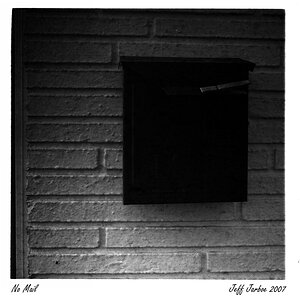eyecee
TPF Noob!
- Joined
- May 2, 2007
- Messages
- 12
- Reaction score
- 0
- Location
- belgium
- Can others edit my Photos
- Photos NOT OK to edit
I only agree with your point that PS is overpriced.
I use both PS and PSP and find them both very usefull, PSP selling for a third of the price, I would advice PSP to anyone.
Knowing a lot of people who own SLR 's and never shot in more than the automatic setting, then using PS for cropping and resizing, what a waste!!
I use both for photo, graphic work, art.
Everytime I have new brushes, actions, plug in filters, I'm like a child with a new toy. My family is starving as I cannot leave the PC
I'm a professional photographer shooting mostly weddings and I don't have to make much alterations to those photo's, but what I can do with PS/PSP to make some photo's stand out is so wonderful.
Yes, I'm addicted
I use both PS and PSP and find them both very usefull, PSP selling for a third of the price, I would advice PSP to anyone.
Knowing a lot of people who own SLR 's and never shot in more than the automatic setting, then using PS for cropping and resizing, what a waste!!
I use both for photo, graphic work, art.
Everytime I have new brushes, actions, plug in filters, I'm like a child with a new toy. My family is starving as I cannot leave the PC

I'm a professional photographer shooting mostly weddings and I don't have to make much alterations to those photo's, but what I can do with PS/PSP to make some photo's stand out is so wonderful.
Yes, I'm addicted




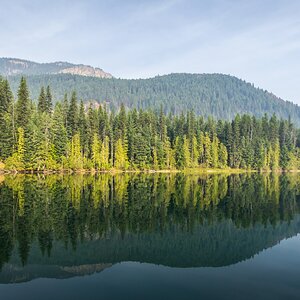
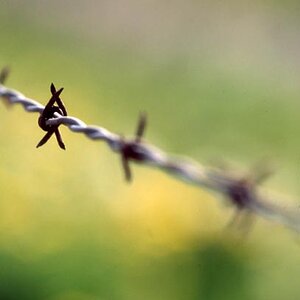


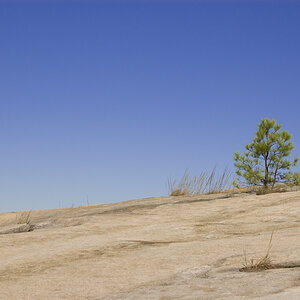
![[No title]](/data/xfmg/thumbnail/35/35946-771bfce9b2727c9126587d96c471da80.jpg?1619737254)

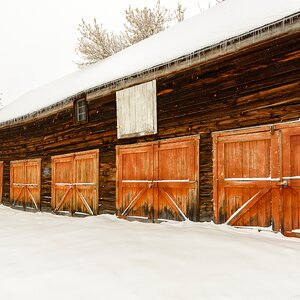
![[No title]](/data/xfmg/thumbnail/35/35953-1a8b92df0115ff7026f31b78855ac815.jpg?1619737264)

